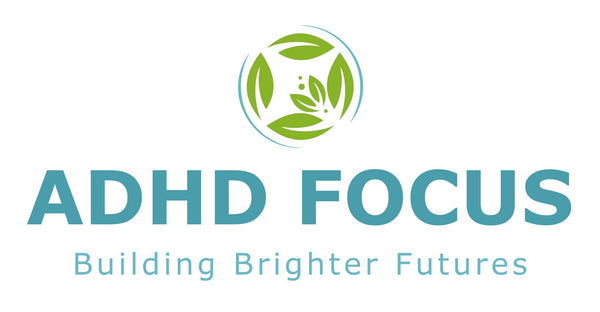
The Role of Omega-3 Fatty Acids in ADHD Management
Share
Attention Deficit Hyperactivity Disorder (ADHD) affects millions of children worldwide, often making it challenging for them to focus, regulate emotions, and manage impulses. While medication is a common approach, more parents are exploring natural options like omega-3 fatty acids to support their children’s brain health. Research shows that omega-3 for ADHD can be a powerful ally in improving concentration and behaviour.
Understanding Omega-3 Fatty Acids
Omega-3 fatty acids are essential fats that play a crucial role in brain development and function. They are not produced by the body and must be obtained through diet or supplements. The two most important types of omega-3s for brain health are EPA (eicosapentaenoic acid) and DHA (docosahexaenoic acid). These fats are abundant in fatty fish like salmon, mackerel, and sardines, as well as in high-quality fish oil supplements.
How Omega-3 Supports Brain Health
- Improving communication between brain cells: DHA is a primary component of brain cell membranes, promoting efficient signalling.
- Reducing inflammation: EPA has anti-inflammatory properties that may benefit neurological functions.
- Enhancing neurotransmitter activity: Omega-3s play a role in regulating dopamine, a key neurotransmitter linked to focus and behaviour.
Omega-3 and ADHD: What the Studies Say
Several studies have explored the effects of omega-3s on ADHD symptoms. Children with ADHD are often found to have lower levels of omega-3 fatty acids compared to their peers. Supplementing with fish oil for ADHD has shown promising results, including:
- Improved attention span: Higher levels of DHA have been associated with better focus and cognitive performance.
- Reduced hyperactivity and impulsivity: EPA supplementation has been linked to calmer behaviour in children with ADHD
- Better emotional regulation: Omega-3s may help stabilise mood swings, reducing frustration and emotional outbursts.
Choosing the Right Brain Health Supplements for Children
When considering omega-3 supplements for ADHD, quality matters. Look for products that:
- Contain a high ratio of EPA to DHA, as EPA appears particularly beneficial for ADHD symptoms.
- Are free from contaminants like mercury and PCBs.
- Use a triglyceride form for better absorption.
Liquid fish oil or chewable capsules are great options for children who dislike swallowing pills. Always consult a healthcare professional before starting any supplement.
Boosting Omega-3 Intake Through Diet
Incorporating omega-3-rich foods into your child’s diet can also be beneficial. Some excellent sources include:
- Fatty fish: Aim for two servings per week of wild-caught salmon, tuna, or sardines.
- Flaxseeds and chia seeds: These plant-based sources of ALA (alpha-linolenic acid) can convert to EPA and DHA, albeit less efficiently.
- Walnuts: A tasty snack packed with brain-boosting fats.
Natural Remedies for ADHD
In addition to omega-3 fatty acids, there are other natural remedies that can support children with ADHD. Some effective options include:
- BrightSpark; A natural remedy designed to help manage hyperactivity and promote calm behaviour.
- Focus & Calm: A supplement aimed at improving concentration and mental clarity.
- MindSoothe Jr.: A herbal mood tonic that helps with emotional regulation and reduces stress.
Final Thoughts
While omega-3 fatty acids are not a standalone cure for ADHD, they can be a valuable part of a holistic management plan. Combining omega-3 for ADHD with behavioural therapies, a balanced diet, and other lifestyle interventions may help your child thrive. Brain health supplements for children, such as high-quality fish oil for ADHD, offer a safe and natural way to support cognitive function and emotional well-being.
By understanding the role of omega-3s and integrating them into your child’s routine, you can take a proactive step towards better focus, behaviour, and overall brain health.
